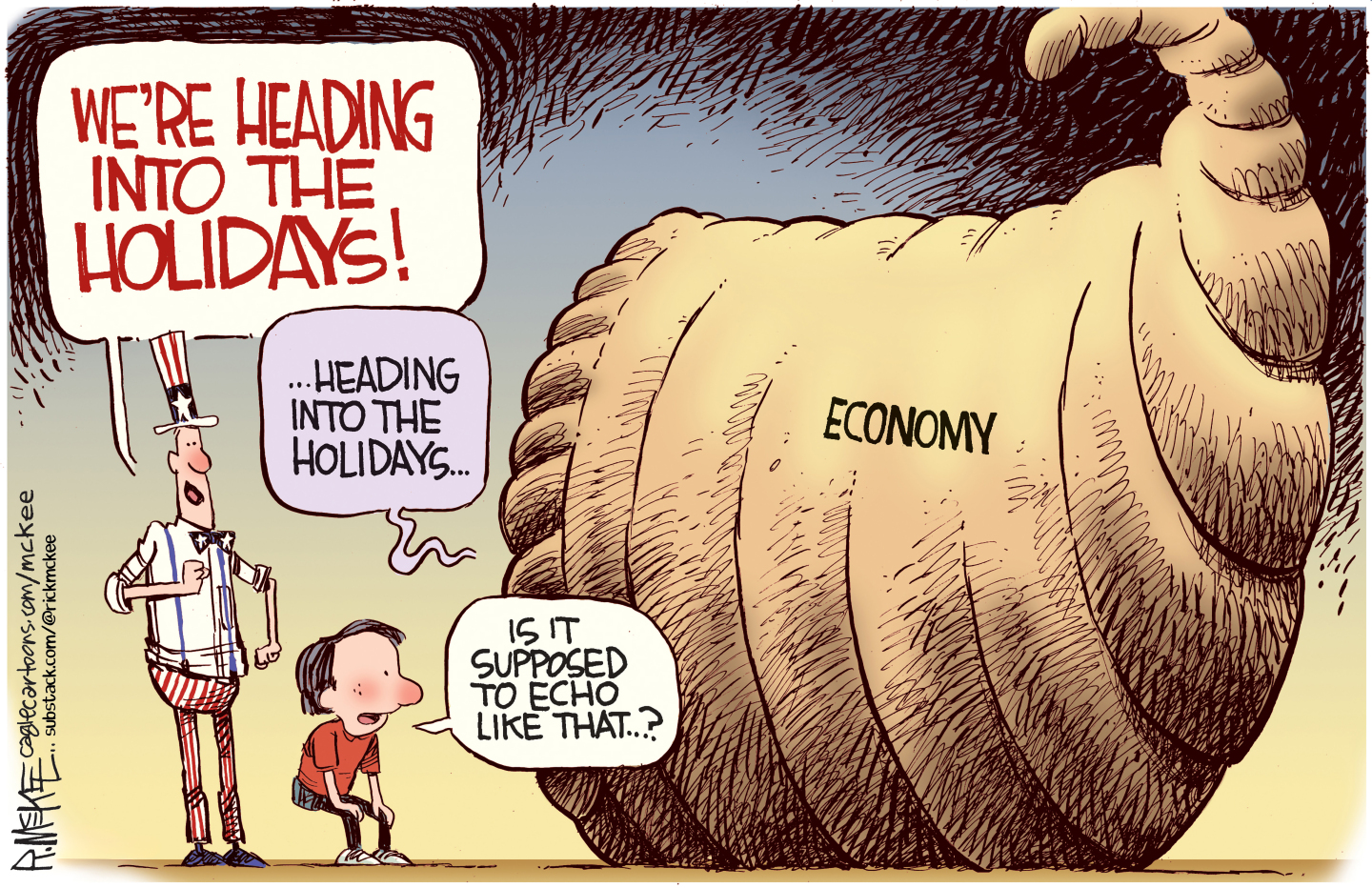The price of happiness: $75,000
Princeton economists have found that money can, in essence, buy happiness. And the sweet spot is surprisingly low

If happiness has a price tag, it's probably about $75,000 a year, according to Princeton researchers. Economist Angus Deaton and psychologist Daniel Kahneman found their magic number by studying surveys of 450,000 Americans in 2008 and 2009. But not surprisingly, their research is a little more complicated than just a salary price point. Here's what they're talking about when they talk about happiness:
What does $75,000 a year buy you?
The Princeton team found that day-to-day happiness and emotional well-being rise with income up to that point, but then plateau. "Giving people more income beyond 75K is not going to do much for their daily mood," says Deaton. A similar new study from Keirsey Research independently found a $75,000 happiness threshold, too.
The Week
Escape your echo chamber. Get the facts behind the news, plus analysis from multiple perspectives.

Sign up for The Week's Free Newsletters
From our morning news briefing to a weekly Good News Newsletter, get the best of The Week delivered directly to your inbox.
From our morning news briefing to a weekly Good News Newsletter, get the best of The Week delivered directly to your inbox.
Why would anyone want to earn more, then?
There's more to life than day-to-day contentment. Deaton and Kahneman also looked at broader satisfaction with respondents' lives, or how people feel their lives are shaping up, and found that overall sense of well-being rose in step with income well past $75,000.
Why the difference?
Nobody's quite sure, but the Princeton teams hypothesizes that $75,000 is a "plausible number at which people would think money is not an issue," leaving them free for pleasurable activities like going out with friends. When people step back, though, they factor in other markers of success, like higher income and a college education.
A free daily email with the biggest news stories of the day – and the best features from TheWeek.com
What happens if you earn less than $75,000?
"Stuff is so in your face it's hard to be happy," explains Deaton. "It interferes with your enjoyment." Lower-earners also had a harder time dealing with setbacks like illness, divorce, and loneliness. Still, the researchers found that whatever their income, 85 percent of Americans reported feeling happy each day, and happiness levels universally rose on weekends.
How happy are Americans, comparatively?
It depends slightly on the study, but Deaton and Kahneman ranked us at No. 9 in terms over overall satisfaction, trailing a handful of Scandinavian countries, Canada, the Netherlands, Switzerland, and New Zealand. In a recent Gallup World Poll, the U.S. ranked No. 26 in day-to-day happiness (New Zealand was No. 1), and No. 16 in in terms of overall well-being (Denmark was No. 1).
So what lessons can we draw from the study?
"As an economist I tend to think money is good for you, and am pleased to find some evidence for that," says Deaton. For his part, Kahneman concludes, "We suspect that this means, in part, that when people have a lot more money, they can buy a lot more pleasures, but there are some indications that when you have a lot of money, you will savor each pleasure less."
Sources: Time, LA Times, HealthDay, AP, CNN, LiveScience (2)
-
 Film reviews: 'Wicked: For Good' and 'Rental Family'
Film reviews: 'Wicked: For Good' and 'Rental Family'Feature Glinda the Good is forced to choose sides and an actor takes work filling holes in strangers' lives
-
 ‘Like a gas chamber’: the air pollution throttling Delhi
‘Like a gas chamber’: the air pollution throttling DelhiUnder The Radar Indian capital has tried cloud seeding to address the crisis, which has seen schools closed and outdoor events suspended
-
 Political cartoons for November 23
Political cartoons for November 23Cartoons Sunday’s political cartoons include a Thanksgiving horn of plenty, the naughty list, and more